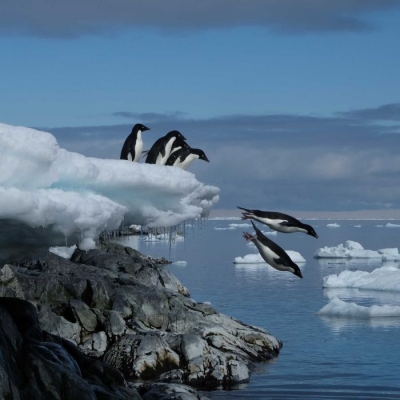
Antarctica is marked by several superlatives it is the coldest, windiest, and the driest continent. It is also the most isolated continent, and the only one without any permanent residents. And so it is easy to presume that this continent may not suffer the way all other continents do, thanks to its remote location and the low number of humans present. But that’s not true.
For one, what humans do in one part of the world does affect other regions too. This is evident from global warming, and the resultant melting of glaciers and sea ice in Antarctica. A study has now discovered that Antarctica is witnessing a phenomenon usually regions with permanent human habitation grapple with non-native species. If there are no permanent residents, how are these species entering this remote place?
Antarctica may not have permanent residents, but it does have a steady stream of visitors – from researchers and scientists to tourists from across the world. “And each vessel, each cargo item, and each person could be harbouring non-native species, hitchhiking their way south”. The research “mapped the last five years of planes and ships visiting the continent and discovered the extent of travel undertaken by people to reach Antarctica, showing the source of non-native species. The study revealed that while these species are making Antarctica their home, they have not yet hijacked the region, “leaving the continent still relatively pristine To date, only 11 non-native invertebrate species including springtails, mites a midge and an earthworm-have established across a range of locations in the warmer parts of Antarctica” But with newer research stations on the anvil and hike in tourist numbers, the situation may not remain the same for long. The region is home to several unique creatures such as Adelie penguins. Weddell seals mosses and lichens hosting ting invertebrates, and microbes, and non-native species have the potential to alter the continents fragile ecosystem permanently.
Picture Credit : Google




